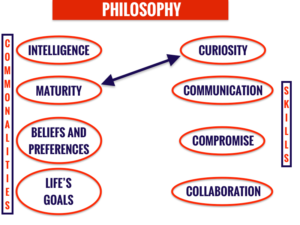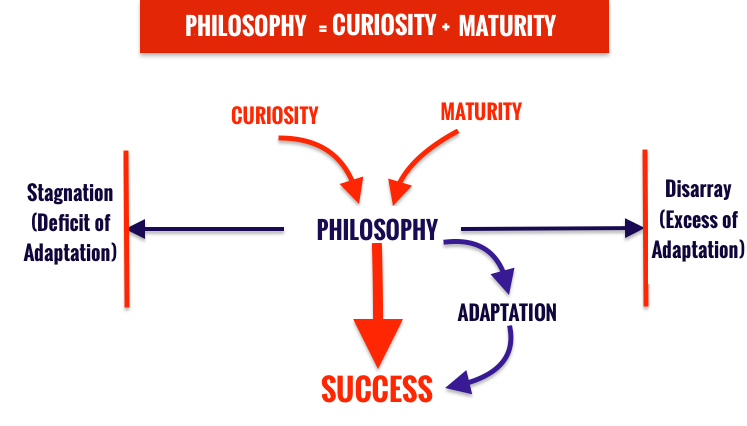
Philoctetes gained the favor of the god, Heracles, for helping light the then, mortal's funeral pyre, and was given Heracles' bow and poisoned arrows. He was the "wounded warrior," symbolizing the "traumatized man," and recovers from his sorrows, to go on to help the Greeks win the Trojan War, with the special knowledge he had learned from his wounds. He is like the Phoenix, rising from the ashes, and more - the vitality and exhilaration in the masculine instincts that comes from learning lessons out of losses, the "underdog," who rises up with special knowledge that cannot be possessed without the advantage of having been wounded.
Philoctetes competed for the hand of Helen, the most beautiful woman in the world. In an attempt to win her, he had to show valor in fighting the Trojan War, but when bitten by a snake on the ship along the way, Philoctetes was left by the other sailors to die, stranded on the island of Lemnos. Philoctetes was exiled by the Greeks and was angry at the treatment he received from Odysseus, who had advised the sailors to strand him. Philoctetes himself remained on Lemnos, alone, for ten years.
![Guillaume Guillon-Lethière [Public domain], via Wikimedia Commons](https://romantipedia.com/wp-content/uploads/2017/11/PHILOCTETES-INSTINCT-Guillaume-Guillon-Lethiere-Public-domain-via-Wikimedia-Commons-300x273.jpg)
Philoctetes challenged and would have killed Paris, who stole away Helen. Philoctetes killed Paris after having argued to continue to try to storm the city. Philoctetes was among those chosen to hide inside the Trojan Horse, and during the storming of the city he also killed many famed Trojans.
Philosophy is a combination of the skill of curiosity with the trait of maturity. Curiosity, you may remember, is largely composed of the core psychological skill of Observing Ego, paired with an educated eye, full of "left brain" ability for detail, history, and organization. It has bearing on our performance in phase three - intellectual attraction - step eight, where we seek to amplify the best virtues toward our goals.

Philosophy is the pursuit of wisdom, and it is also the one academic discipline most known for, and dependent on, curiosity. That which is wise and full of virtue is also that which is most mature about human beings.

Nothing could be more crucial for starting toward one's goals, because if one doesn't know why they are even trying for a goal, how could they possibly ever complete one. It is intangible force - even trite to conceive of - but the truth of whether a goal will ever even be set, let alone achieved, rests in "why" one would even want to.
The partner with a gift for philosophy helps us with this, and in their careers, might often become a counselor or member of the clergy.
Just like any of the mature character virtues, Philosophy falls on a spectrum of the Golden Mean, between the excess of Philosophy, which is Disarray , and a deficit of philosophy, which is Stagnation in one's personal growth. Philosophy at its best, in balance, will give us the ability to adapt to what comes our way in life, and turn that into success.
If Einstein had no special talents, and was “only passionately curious,” then given that he was both a mature and curious man, we might wonder if rather than losing the ability to “have eyes as a child” as we age, it might be more appropriate to tie our curiosity and maturity to the saying, “The older I grow, the less I know.”
This is a perspective needed in committed relationships as a facet of curiosity because it is akin to intellectual humility, which is mature, and the opposite of pathological narcissim. It is also an embrace of change, with a realistic assessment of the pace which one can muster, yet with the willingness to go with the flow of life, ready to be surprised by change, rather than to rebel against it. “The older I grow, the less I know.”
Because of this humility within maturity, when obstacles get in the way of our goals, we can actually apply curiosity to them instead of fear, desperation or defeat, and actually go through a process of synthesis of the actual obstacle into valuable information and new directions that amount to none other than a “renaissance” in our lives.